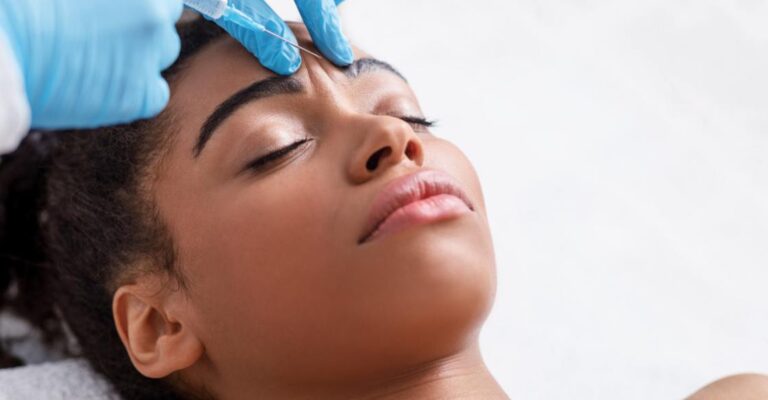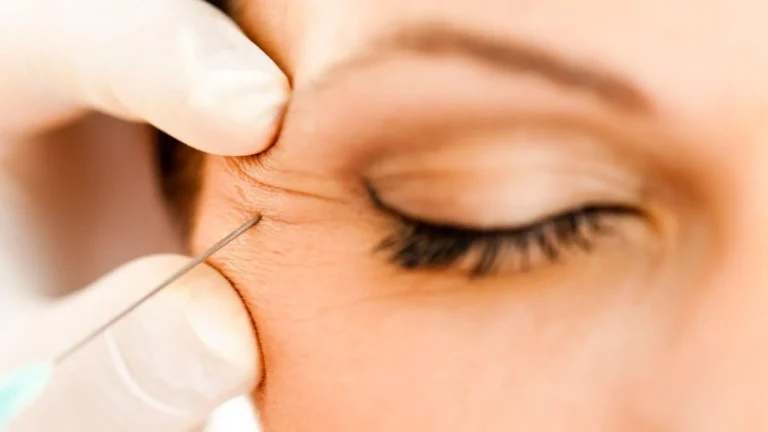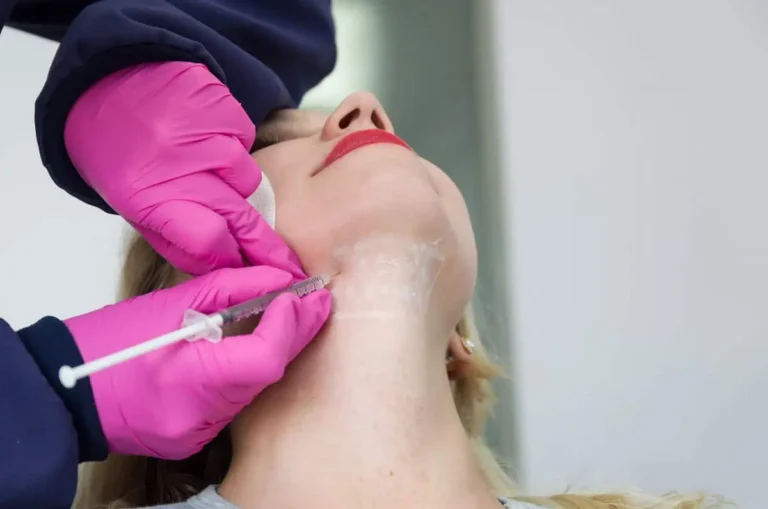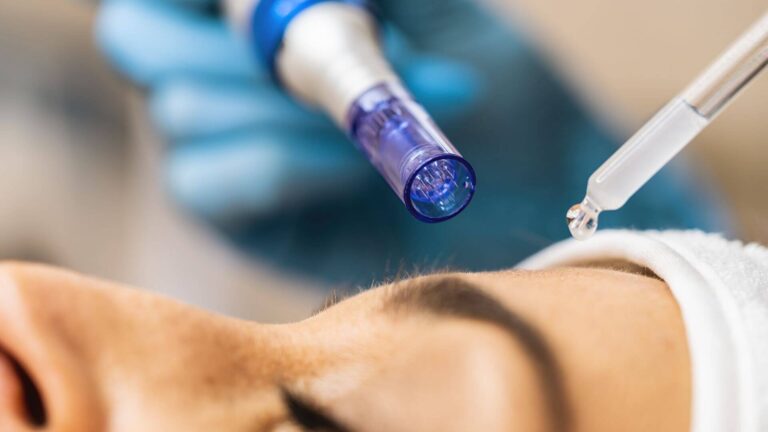How Botox Can Enhance Your Smile

Botox is a standard treatment for reducing the appearance of fine lines and wrinkles, and its applications extend beyond cosmetic improvements. Through carefully administered injections, Botox provides individuals with the opportunity to explore various uses, including enhancing their smile. Here is how Botox interacts with specific muscles, smooths laugh lines, and adapts to individual facial needs.
Freezes Specific Muscles
Botox works by temporarily relaxing specific muscles to reduce their movement. This helps change unintended expressions caused by overactive muscles. When used near the mouth or nose, it can help control excessive gum exposure when smiling. Some people naturally have overly active upper lip muscles, and Botox offers a precise way to address this issue.
The muscle relaxation from Botox occurs only at the injection site. Although the effects are temporary, they give people a chance to enhance their smile’s appearance without surgery. Relaxing the muscles results in smoother expressions, which can improve overall facial harmony. By carefully placing injections, healthcare professionals aim to balance muscle activity and the way a smile forms.
Reduces Laugh Lines
Laugh lines are a typical area treated with Botox. These lines develop as we age and lose collagen and elasticity. While natural, they can deepen over time, creating permanent creases even when your face is at rest. Botox helps by relaxing the muscles that cause these lines, smoothing how expressions shape the skin.
When treating laugh lines, Botox targets repetitive muscle movements that worsen their appearance. By temporarily relaxing these muscles, your skin is less likely to crease when you smile, laugh, or speak. This approach may also help prevent new wrinkles from forming. This treatment can work well alongside other aesthetic procedures.
Addresses Customized Needs
Facial anatomy is highly individual, and Botox treatments are adaptable to meet specific preferences. Some individuals experience asymmetry, where one side of the mouth moves more prominently than the other. Others seek modifications to improve gum visibility, enhance lip shape, or refine the tension in their jawline associated with smiling.
Customized treatments hinge on identifying the right muscles to target. For asymmetry issues, small injections in less active muscles can balance out the facial expression. For gummy smiles, relaxing a specific muscle may reduce the amount of gum exposed during smiling.
Selecting injection sites can also affect adjacent areas. Though these effects depend on trained application, they underline how Botox adapts to improving individual preferences. Adequate planning includes diagnosing the outcome someone hopes to achieve. This process involves thorough consultation with experienced providers, ensuring that facial harmony is respected while addressing specific goals.
Use Botox for Your Smile
Botox offers a versatile way to address various components of a smile, from controlling muscle activity to managing skin changes. Every individual comes with distinct anatomical traits, making it vital to work closely with a professional to tailor treatment plans to their needs. If you’d like to explore how Botox might influence your smile, start by consulting an experienced provider. With personalized care and precise administration, Botox helps deliver targeted changes that suit individual needs. Schedule an appointment today to discuss your next steps.
- What to Expect When Visiting a Foot and Ankle Specialist
- Causes of PTSD
- The Link Between Plantar Fasciitis and Weight Gain: What You Need to Know
- How Pet Ownership Can Positively Impact Life with Fibromyalgia
- The Importance of Stretching and Flexibility in Sports Medicine
Dr. Emma Green is a health and wellness expert with over 10 years of experience in nutrition and fitness. Passionate about helping others live their healthiest lives, Dr. Green shares practical advice on wellness, nutrition, and sustainable living through LivingSpristine.






